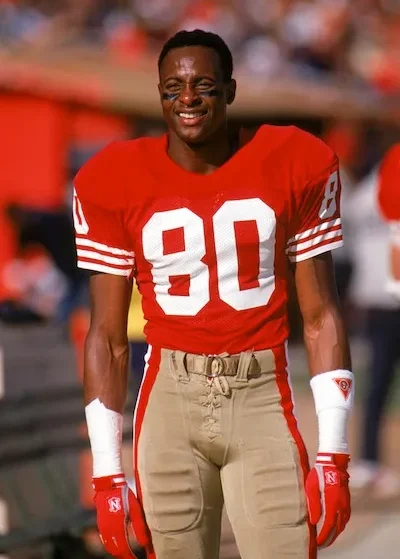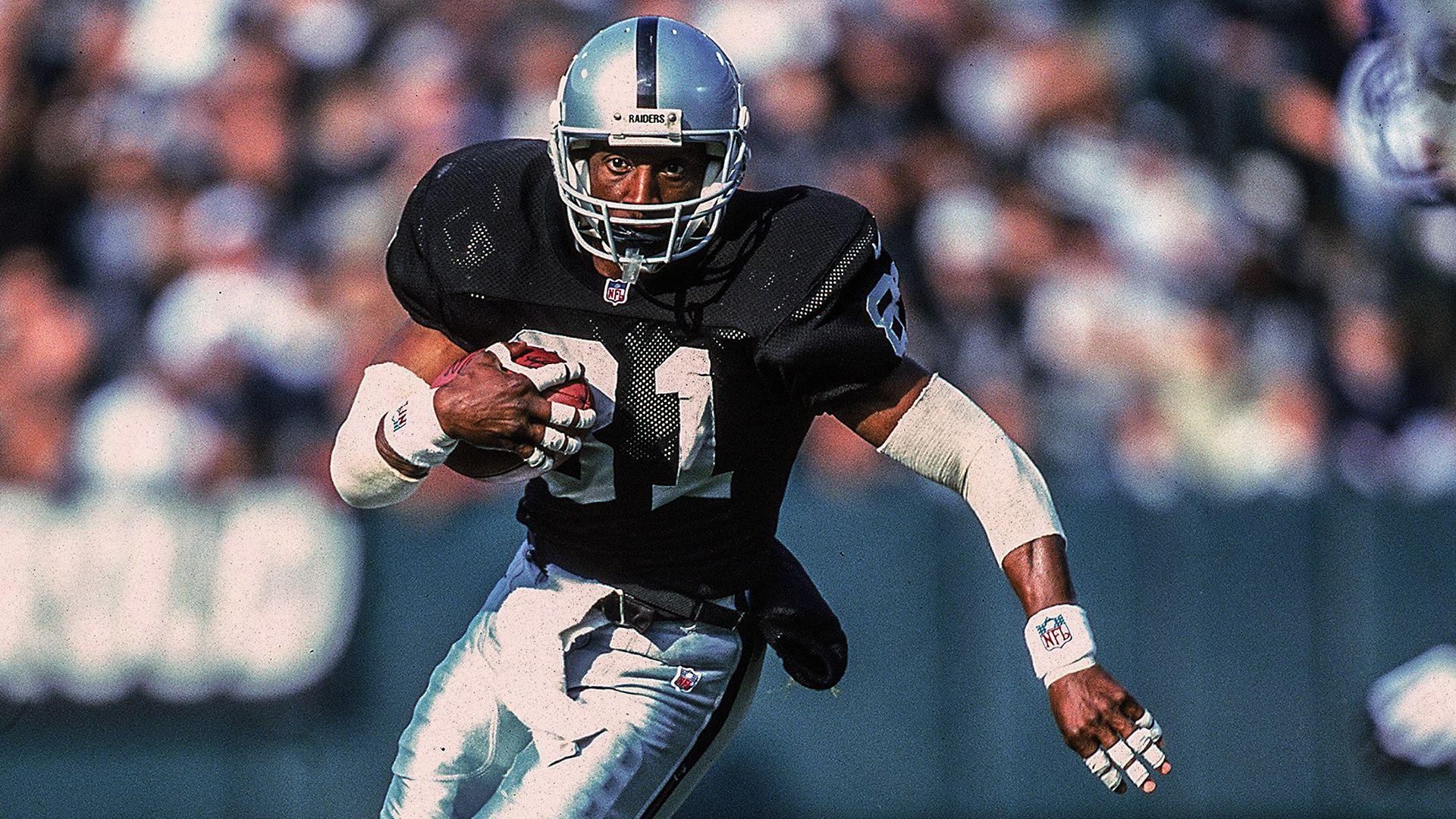In the annals of professional football, offensive linemen often go unnoticed. Their work is gritty, foundational, and seldom garners the kind of media attention that quarterbacks, wide receivers, and running backs regularly enjoy. Yet, ask any football purist and they’ll tell you that it’s the offensive line that often serves as the cornerstone for a successful offense. Among the giants who have graced this vital position, Ed Budde stands out as a figure of remarkable skill, tenacity, and longevity. His impact on the game, particularly during his tenure with the Kansas City Chiefs, is a lesson in the power of consistency and the importance of mastering one’s craft.
Early Life and College Career :
Ed Budde was born on May 22, 1938, in Highland Park, Michigan. From an early age, he showcased an aptitude for sports, particularly football. Budde attended Michigan State University where he played for the Spartans under the tutelage of legendary coach Duffy Daugherty. In college, Budde developed a reputation for being a formidable force on the offensive line, earning All-American honors.
Journey to Professional Football :
In 1963, Ed Budde was selected by the Kansas City Chiefs in the first round of the American Football League (AFL) draft. The young lineman had a massive frame standing 6 feet 5 inches tall and weighing nearly 260 pounds, yet he possessed the nimbleness of a much smaller man. This combination of size and agility made him an ideal fit for Hank Stram’s innovative offense.
Dominance in Kansas City :
Budde quickly found a home with the Chiefs, cementing his position as one of the premier offensive guards in the league. The Chiefs’ offense was known for its creativity, incorporating various formations and styles that necessitated an agile and intelligent offensive line. Budde fit the mold perfectly, and his elite-level play was instrumental in the Chiefs’ success during the 1960s and 70s.
It’s important to note that Budde was not just a one-dimensional player. He was known for his ability to pull from his guard position and lead running backs downfield, something that is considered a rarity even in modern football. Moreover, his blocking proficiency in pass protection made him invaluable to quarterbacks Len Dawson and Mike Livingston.
AFL-NFL Merger and Super Bowl IV :
The significance of Budde’s career was magnified during a transitional period in American football history – the AFL-NFL merger. In the 1969 season, the Chiefs secured a spot in Super Bowl IV against the Minnesota Vikings. Ed Budde’s performance in the championship game was nothing short of stellar. He played a crucial role in clearing pathways for running back Mike Garrett and providing Len Dawson with the pocket protection he needed to lead the Chiefs to a 23-7 victory. It was Kansas City’s first and only Super Bowl win until the 2019 season, and Budde’s influence was immeasurable.
Recognition and Enduring Influence :
During his remarkable 14 years in professional football, Ed Budde garnered a slew of honors, including being chosen for the Pro Bowl seven times and achieving first-team All-Pro status on five occasions. However, these accomplishments only scratch the surface of his impact on the game. Known for his tenacity, leadership qualities, and the high regard in which he was held by both teammates and rivals, Budde’s influence extended far beyond the accolades he received.
When Budde hung up his cleats in 1976, he left an indelible mark on the sport. As of my last update in September 2021, he had not yet been inducted into the Pro Football Hall of Fame, but his role in shaping the sport during its pivotal years—especially around the time of the AFL-NFL merger—makes him a worthy candidate for such recognition. His sustained excellence over more than a decade serves as an enduring testament to what athletes can achieve through dedication and skill, irrespective of the sport they participate in.
Life After the Final Whistle :
Away from the football field, Ed Budde was equally committed to making a positive impact. He continued his involvement with the sport by guiding the next generation of athletes and actively participating in numerous philanthropic efforts. The sense of community and collaboration that characterized his time in professional sports carried over naturally into his life after retirement.
Conclusion :
In a sport where glamour positions often steal the limelight, the contributions of players like Ed Budde serve as a reminder that football is, at its core, a team game. His achievements, both on and off the field, underline the impact that one person can have when they are committed to mastering their role, no matter how unglamorous it may seem.
Ed Budde’s story is one of dedication, excellence, and humility. He was a cornerstone in one of the most innovative offenses in football history, a key figure during a transformative era, and a role model for how athletes can have a lasting impact both during and after their careers. While his name may not be the first to come to mind when thinking of football legends, anyone who understands the intricacies of the sport knows that Budde was indeed a giant among men.
The legacy of Ed Budde will continue to inspire, reminding us that even in the trenches of the offensive line, greatness can be achieved.

![Ed Budde Credit Chiefs[dot]com](https://sportswiki.net/wp-content/uploads/2023/10/Ed-Budde.jpg)


